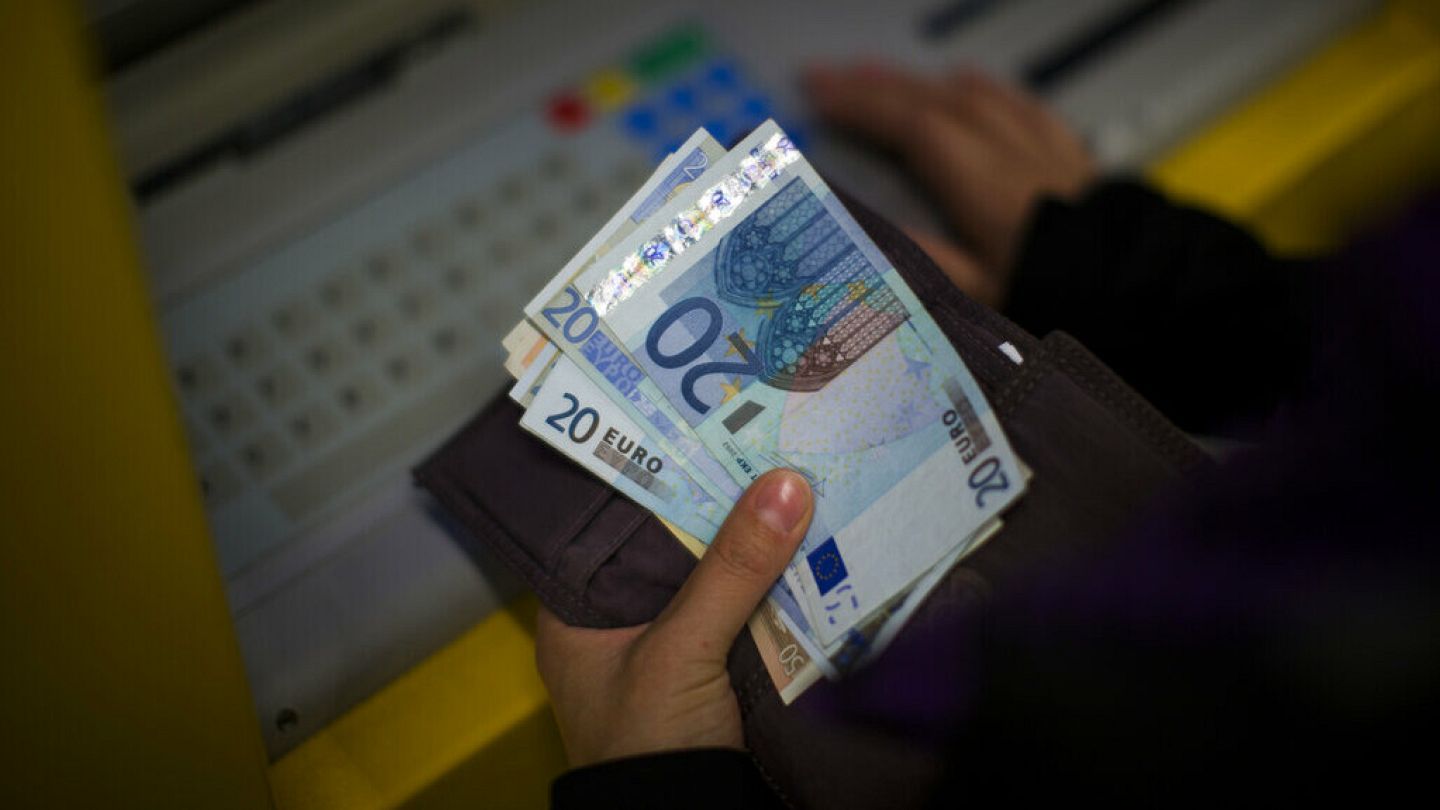Dutch citizens advised to keep emergency cash on hand amid growing cyber threats
People should keep €70 per adult and €30 per child in cash in case electronic payments systems go down, said the Netherlands' central bank.
The Netherlands' Central Bank (DNB) has advised citizens to keep enough cash on hand to last them three days in case of disaster or emergency, citing rising geopolitical tensions and cyber threats that could jeopardise the country's payment system. Citizens should keep €70 per adult and €30 per child in cash as a precautionary measure, the bank warned this week. The money should be enough to cover necessary expenses for 72 hours "such as for water, food, medicine, and transportation", it said. "Think of a power failure, a technical disruption at your bank or the Wi-Fi going down. Then you might not be able to pay the way you are used to. But paying with cash is almost always possible," the DNB's advisory said.The recommendation "was prompted by increased geopolitical tensions and cyber threats that could challenge our payment system", it added. In addition to holding hard cash, the DNB said people should consider having a debit card and using contactless with their phone or smartwatch. The bank's warning follows a massive power outage that hit Spain and Portugal on 28 April. The causes of the blackout are still being investigated. Card payment systems went offline and ATMs were out of order, meaning that many people in the two countries had to rely on cash to buy water, food, torches and battery-powered radios to stay up-to-date with the news. The European Commission released a preparedness plan in March that encouraged the public to maintain sufficient supplies for at least 72 hours in case of emergencies such as natural disasters or conflict. The plan listed items including cash, medication, a power bank and a radio.


